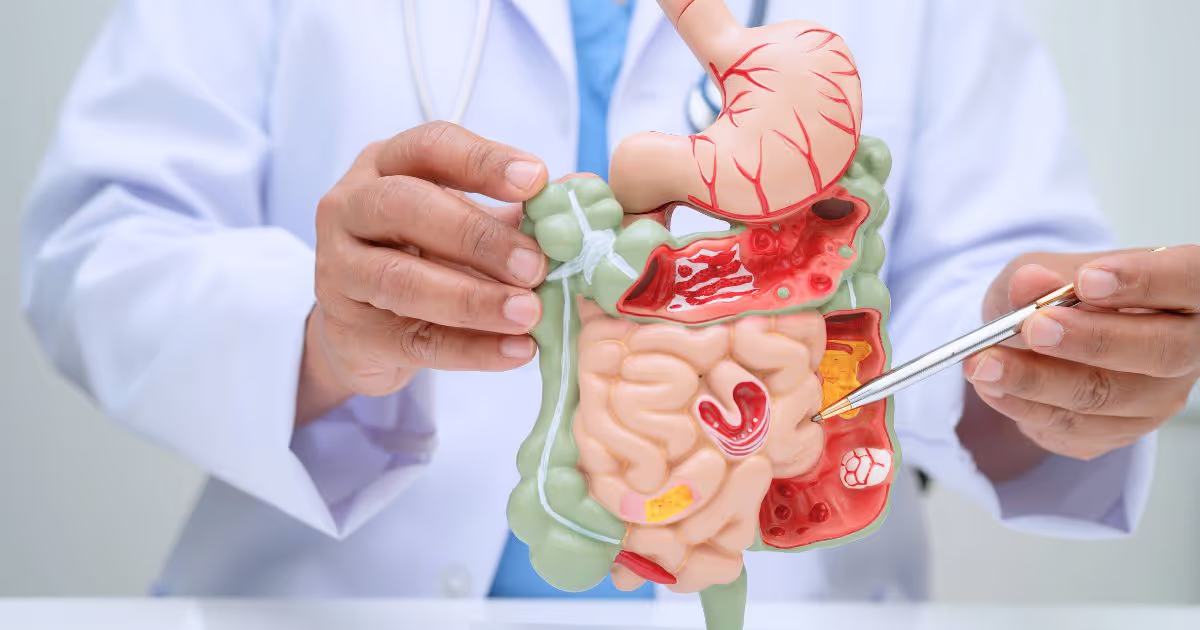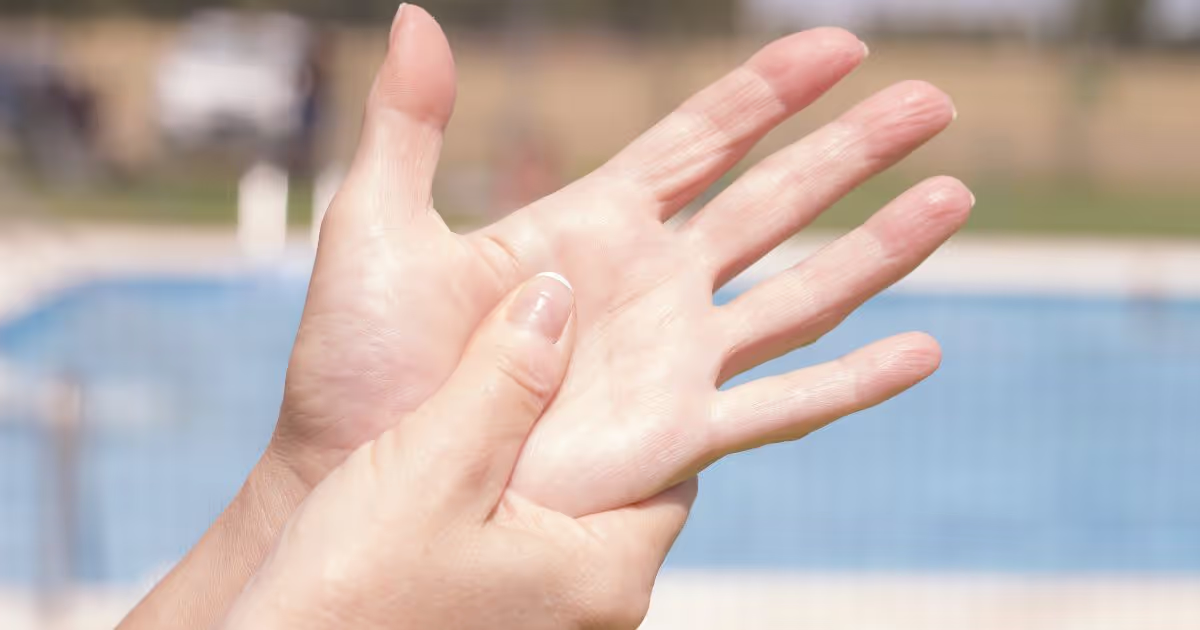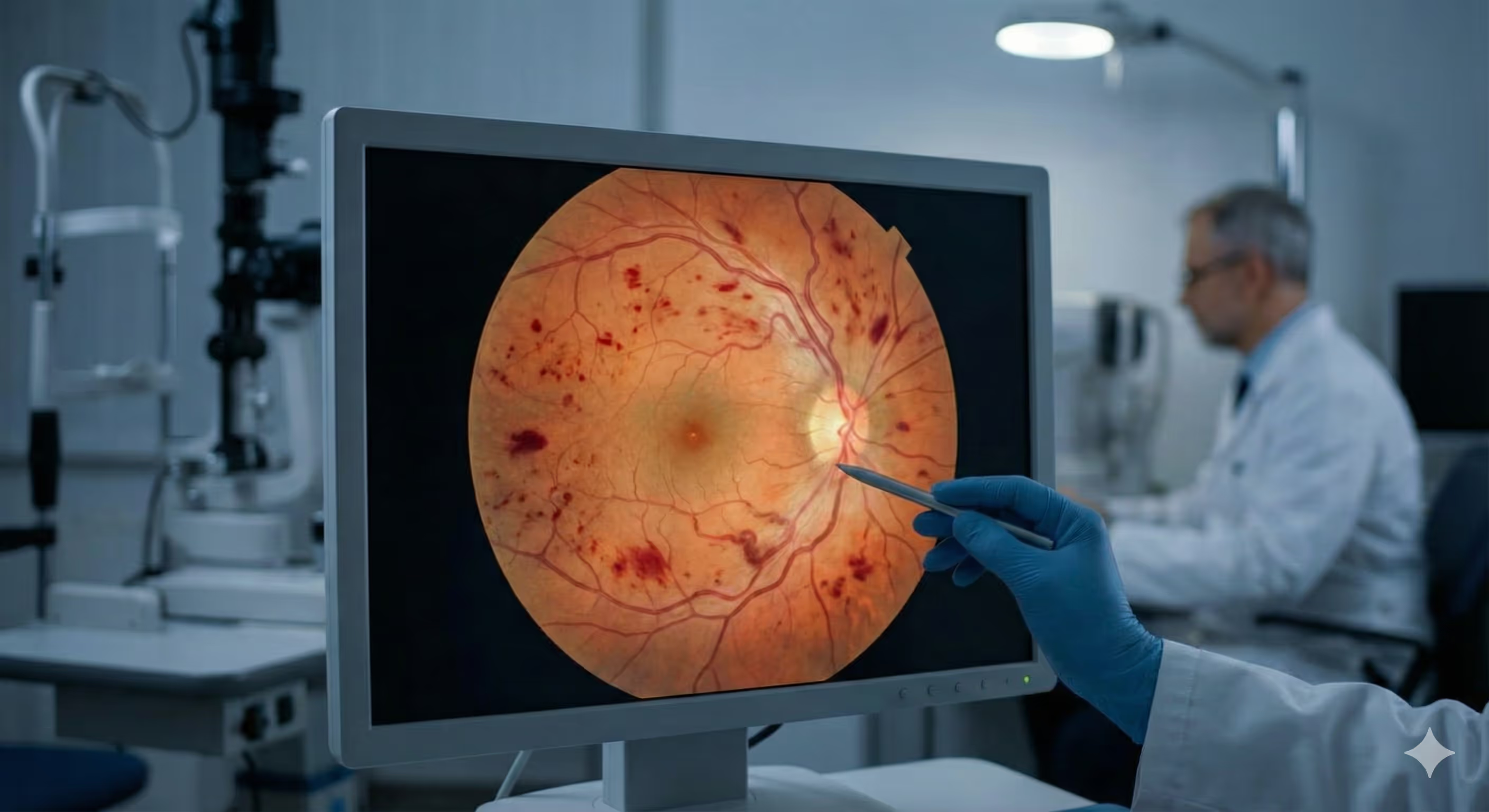Disease and Treatment

Wisdom Tooth Removal: What age, Does it hurt, Recovery
Wisdom tooth removal is a surgical procedure that extracts a third molar tooth that is unable to erupt normally from the jawbone. Wisdom tooth/teeth frequently grow abnormally

Gut Microbiome Test: Finds Chronic Disease Causes
Gut microbiome test is an in-depth health check that analyzes stool samples to evaluate the balance of beneficial and harmful microorganisms in the gut.

What is Sudden Death? Screening for Risk of Sudden Death Program
Sudden Death: Sudden death refers to a condition in which vital organs abruptly stop functioning. It happens in an instant and is a severe condition, resulting in immediate death or death within one hour after the onset of symptoms.

Blurred Vision: Causes, Symptoms, Treatments
Blurred vision is a common symptom experienced by many individuals, characterized by unclear or hazy sights as if looking through a fog or veil. This condition can affect one or both eyes.

Abdominal Pain: What each stomachache location means
Abdominal pain refers to pain in a specific region in the stomach or diffusely throughout the abdominal region between the ribs and pelvis. Abdominal pain can be caused by organs

Sweaty Palms - What causes it and is it risky?
Sweaty palms may seem mundane for some, but excessive palm sweating may impact the quality of life or socialization issues, causing avoidance of touching objects or shaking other people’s hands.

Narcissistic Personality Disorder (NPD)
Narcissistic personality disorder (NPD) is a mental health condition, more common in men, marked by excessive need for attention and lack of empathy for others.

Retinal Vein Occlusion (RVO)
Retinal vein occlusion (RVO) can cause sudden and severe blurry vision or vision loss, typically affecting only one eye.

Headache Caused by Cerebral Venous Sinus Thrombosis
Headaches are one of the most common ailments people experience, ranging from mild discomfort to debilitating pain. It can occur on one or both sides of the head, radiate into the eye sockets, or affect the entire face.